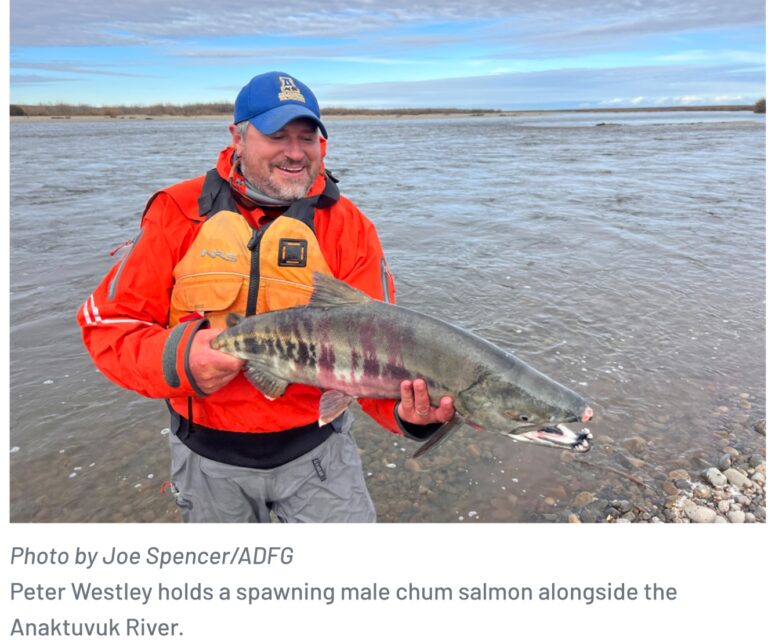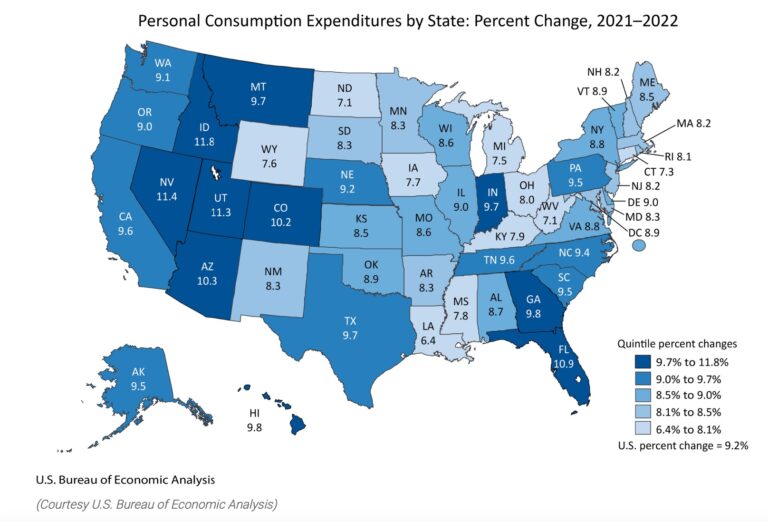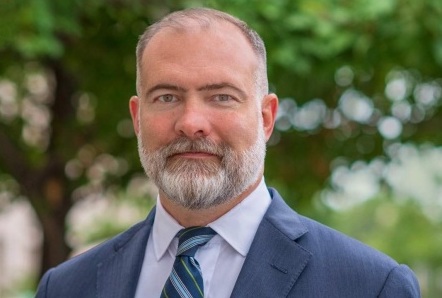By SUZANNE DOWNING
What does Tommy Beaudreau know that we don’t know?
Beaudreau, longtime energy attorney and alum of the Obama Administration, resigned from his post as Deputy Secretary of the Department of Interior, saying only that he wants to spend more time with family.
For those of us who were not born yesterday, that’s like saying you are resigning to “pursue other opportunities.” The Department of Interior and his immediate boss, Secretary of Interior Deb Haaland, isn’t saying a word.
Instead, Secretary Haaland is busy entertaining the drag queen Pattie Gonia in celebration of LBGTQ History Month, making videos with someone who grotesquely mocks women, while pretending to be a park ranger in a miniskirt.
Perhaps Beaudreau sees the writing on the wall, that the Biden Administration’s energy policy is not only incoherent, it has become a national security threat.
This administration is not serious about governing well or fulfilling its legitimate duties. It’s only serious about staying in power long enough to “finish the job” of the Obama Administration, which was “fundamentally transforming the United States of America.”
Beaudreau may understand that, and see that it’s time to find a lifeboat.
His unexpected resignation comes at the same time the Department of the Interior published new regulations regarding the National Petroleum Reserve-Alaska, regs that would severely restrict energy development in an area that Congress specifically set aside for oil and gas, even naming it “petroleum,” for the vast quantities of energy it stores for the nation. A conservative estimate is that the NPRA’s federal portion has between 6 and 13.2 billion barrels of recoverable oil.
The Department of Interior made this regulatory move without consulting indigenous communities, as required by law. This is a take-back, a double-cross, the government pillaging the wallets of Americans as gas prices soar once again, and as home heating fuel will average $4.45 a gallon this winter, on a good day.
The NPRA has, written in law, management plan that balances conservation with the nation’s energy security, which is based on the undeniable foundation of energy independence, and minimizing reliance on despots overseas. Responsible oil and gas development furthers that goal and provides massive additional benefits in the way of union jobs, economic prosperity, and educational opportunities for Alaska Natives, the state, and nation as a whole.
The 60-day comment period has begun for the proposed shutting down the NPRA to oil. Hence, the well-funded environmental lobbyists from K Street have been hard at it. For them, the Biden Administration cannot shut down Alaska fast enough.
But it doesn’t stop there. The Department of Interior also released a five-year plan for offshore energy development with a maximum of three potential sales. The plan, a year late and a dollar short, has zero lease sales until 2025, which puts the sales on the calendar long after the next election, when the second Biden term would shelve them the way it took back already-sold oil and gas leases in the Arctic National Wildlife Refuge, reversing the promised federal drilling program.
This new leasing program also has no lease sales for off the coast of Alaska.
The Biden Administration is doing as much as it can get away with to drain America’s energy independence, while giving special favors to Venezuela and Iran, emboldening our nation’s adversaries of China and Russia.
The cost is already being felt by Americans, who are reeling at the nearly 13% inflation robbing their paychecks in 2022 and an additional 9.2% inflation this fiscal year, according to the latest data from the Bureau of Economic Analysis.
Sen. Dan Sullivan of Alaska calls it “national security suicide.” He’s right.
“It’s also an affront to working Americans who are struggling to pay their bills as this administration continues its dangerous crusade to appease radical activists and shut down American energy,” Sullivan said.
Alaska, one of the most resource-rich places on the planet, is already preparing to have to import natural gas from overseas because of the Biden Administration’s plan to shut down Cook Inlet gas fields.
This Biden Administration energy policy is not only insanity, it is deliberate and foolish.
Beaudreau, raised in Alaska, understands the need for oil and gas far into the future. He was the last voice of sanity in the building.
Was he pushed out because he spoke too forcefully in favor of Willow? After all, it was his signature on the decision, not the secretary’s. Beaudreau was at least willing to listen and engage.
If Beaudreau’s leaving, it’s got to be worse than we knew. The patients are now running the asylum at Interior.
Suzanne Downing is publisher of Must Read Alaska.







